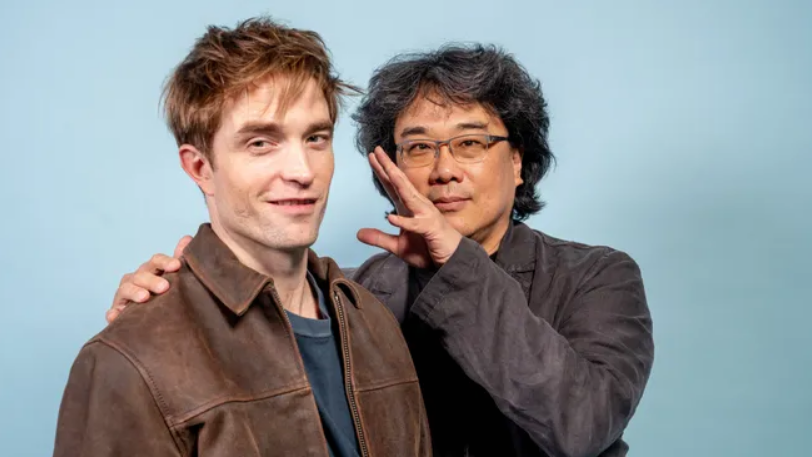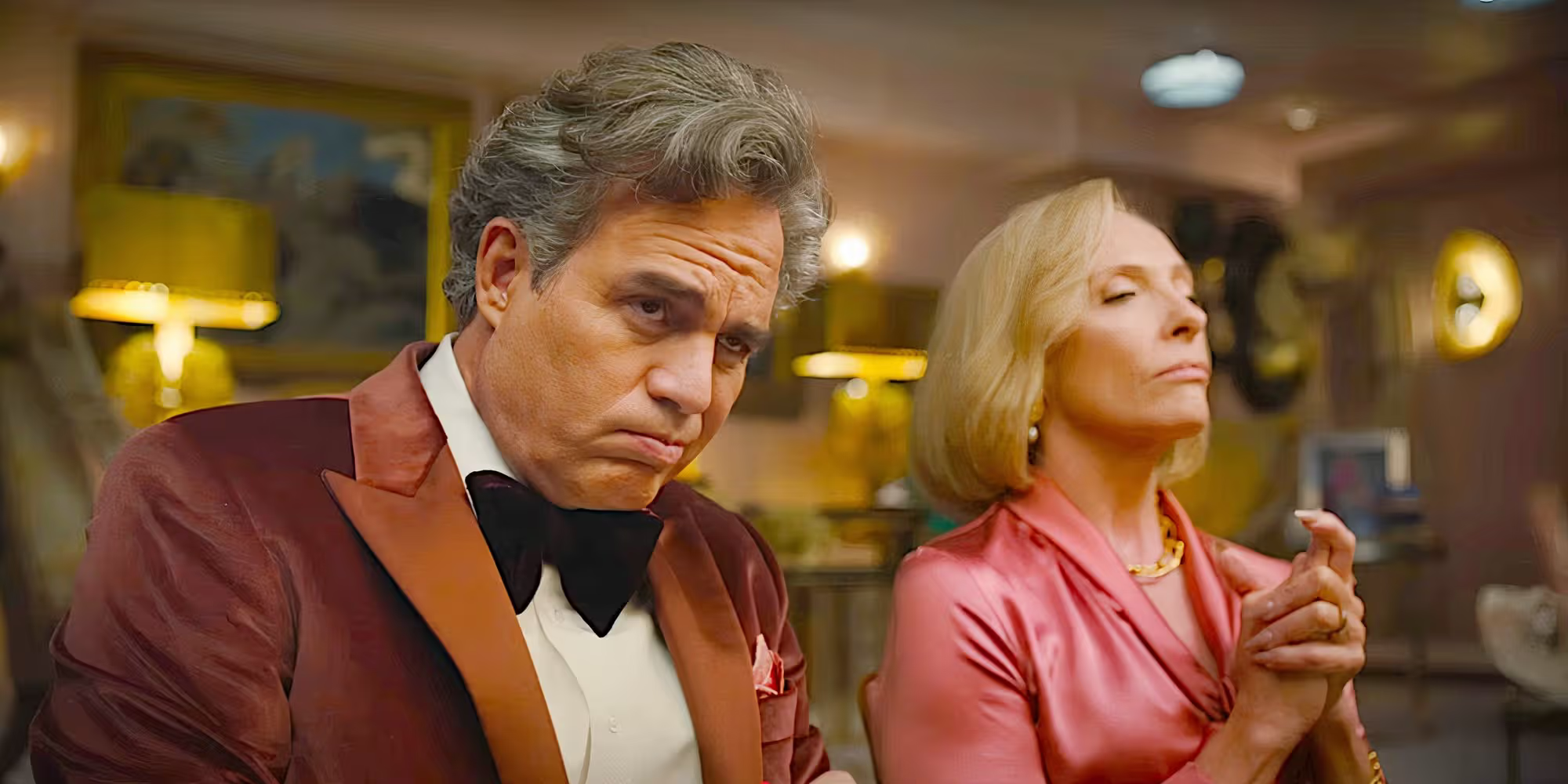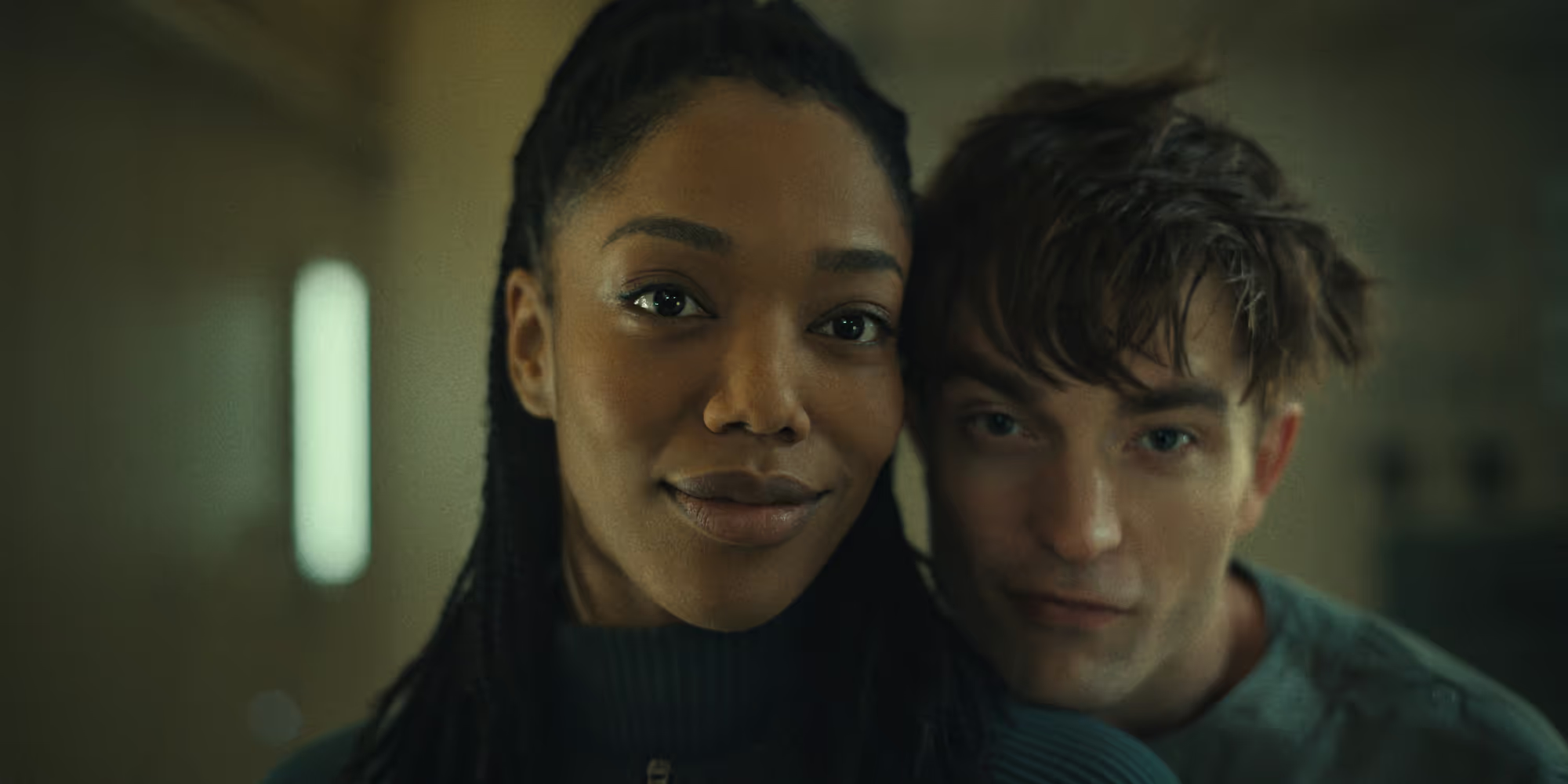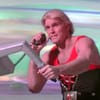Mickey 17 is Bong Joon-ho's heartfelt satire about choosing to fight when the world beats you down

I have a confession to make. I was a very early Twitter adopter. In fact, I joined on November 4, 2008, so I could celebrate America's bright new future with the election of our first Black president. In those early Twitter days, it was a free-for-all of folks creating the microblogging culture, including weirdos pretending to be celebrities like nascent Twilight tween heartthrob Robert Pattinson.
I was never a TwiHard, but I was obsessed with Robert Pattinson for about two months in 2009, an obsession fueled by tweeting at him about our mutual love for Kings of Leon. Yes, even though I cut my teeth on 2003 American Idol forum sock puppet drama, I fully believed Robert Pattinson had a Twitter account known only to the lucky few on Twitter. He was, of course, a fake, but director Bong Joon-ho has revived the dream of A Robert Pattinson for Everyone in his excellent, heartfelt sci-fi satire Mickey 17.
In Mickey 17, Mickey Barnes (Pattinson) is a down-on-his luck denizen of near-future Earth who, to escape a chainsaw-happy loan shark, has signed up to be an Expendable worker on a spaceship . As an Expendable, Mickey is cloned and used as a human guinea pig who is reprinted every time he dies from vaccine trials or radiation exposure. The ship is led by failed politician Kenneth Marshall (Mark Ruffalo) and his wife Ylfa Marshall (Toni Collette), who dream of creating a beautiful civilization on the all-white planet of Niflheim.

Ruffalo and Collette give performances that are both entertaining and revolting in how true they are to our American political reality. Ruffalo as twice-failed politician Kenneth Marshall gives us an unholy amalgamation of Donald Trump, Elon Musk, RFK Jr., and Uncle Baby Billy from Righteous Gemstones. Toni Collette as his wife Ylfa Marshall gives us a blending of her faux-hippie Knives Out character and Department of Homeland Security Secretary and proud puppy-killer Kristi Noem.
Mickey 17 lives and dies (and lives and dies) by Robert Pattinson's performance as Mickey 17 and the more volatile Mickey 18. Luckily, Robert Pattinson is a celebrity and a weirdo, and he is more than capable of playing intense weird little guys, as you will know if you've seen Robert Eggers' The Lighthouse or Hayao Miyazaki's The Boy and the Heron or, indeed, Catherine Hardwicke's Twilight. Pattinson fully sells the pathetic, wet, downtrodden Mickey 17 and the angry, hot, righteous Mickey 18. In Mickey Barnes, I see the disassociation of Thomas Howard, the slyness of the Heron, and the self-loathing of Edward Cullen.

Naomi Ackie is also a joy to watch as Nasha, who falls for Mickey's pathetic wet rat aesthetic as soon as she lays eyes on him in the cafeteria. In one memorable scene, Ackie channels all of our rage at the buffoonish clowns in charge in a very cathartic rant. Steven Yeun and Anamaria Vartolomei do good supporting work as Timo and Kai Katz, although further character development was likely cut for time in an already lengthy movie.

Bong Joon-ho struggled to kill his darlings in Mickey 17. There are friction points introduced but never fully explored, such as Nasha's military job and her love for an Expendable, and more time on character development with less on side stories might have created a tighter narrative. Mickey 17 also struggles to balance the story among the character relationships, the buffoonish politicians, and the mysterious Creepers, the giant tardigrade-like animals who are native to the planet. Mickey 17 deserved an 8-episode limited series where every plotline and character shines, but Warner Bros. Pictures certainly would not have accepted the cost.
The back-and-forth release date and poor marketing for Mickey 17 make it clear the entertainment conglomerate didn't know what to do with a movie about exploitative capitalism and the political leaders who perpetuate it. I'm not sure what Warner Bros. Pictures expected by giving Bong Joon-ho a blank check, because exposing the cruel buffoonery of capitalism is the man's entire career, but then again, I did read a Mickey 17 review that asked, "Why does this movie even need to be about exploitative capitalism or whatever anyways? Parasite already did most of those things much better." Warner Bros. Discovery CEO David Zaslav just looked at an Academy Award winning director and saw dollar signs.

Twinning is having a moment in science fiction. Severance, A Different Man, The Substance, and Mickey 17 all interrogate the terrible things we do to alienate ourselves from our own emotions to escape the traumas imposed on us by exploitative capitalism. Mickey Barnes struggles to reconcile the factions inside himself, those cowed by trauma and those with spitfire and fists. This mirrors the struggle among American factions, those who will surrender to the Kenneth and Ylfa Marshalls of our world and those who will fight, even if it means we go down swinging. Mickey 17 is in no way a simple Trumpian parody, and it's not just about the horrors of exploitative capitalism. No, Bong Joon-ho has gifted Americans with a giant unmissable arrow pointing the way out of our moral and political mud-pit: we need to get really fucking angry, because we deserve better.
